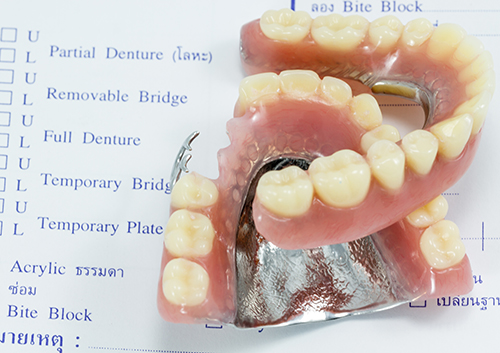Timing Matters!
April 29th, 2020

Many patients at Henagan Team Dentistry are under the impression that harder brushing leads to cleaner teeth, but that is not true. Gentle brushing is just as effective, and less likely to cause damage. Other good brushing habits include brushing your teeth at least twice a day, replacing your toothbrush after a few months, and brushing for at least two minutes each time. It can be tough to keep track of the time when you are aiming for two minutes, but these tips can help.
Set a Timer
Setting a timer is a sure-fire way to hit your two-minute goal on the dot. Leave a kitchen timer in your bathroom so that it is easy to set each time you start brushing your teeth. Hit each surface of all of your top and bottom teeth, and keep brushing until the timer rings. Many electric toothbrushes have a built-in timer that you can use instead of a kitchen timer.
Entertain Yourself for Two Minutes
Time flies when you are having fun, and you can stay entertained as you brush your teeth for two minutes. These are some ideas.
- Time your favorite song and sing it in your head as you brush your teeth.
- Find a two-minute video on the Internet that you want to watch, and start it when you begin to brush your teeth.
- Do squats in the bathroom as you brush. Go down for three slow counts, and up for three slow counts. By the time you get to 20 squats, your two minutes will be over.
Let Your Children Use Technology
Toothsavers is an app designed to inspire children to brush. The app was developed and released by the Ad Council and the Partnership for Healthy Mouths, Healthy Lives. It includes:
- A game to fight an evil sorceress who causes cavities
- A two-player version that lets children interact with friends and parents
- Real-life reminders to brush twice a day
- A built-in timer that helps kids brush for two minutes




